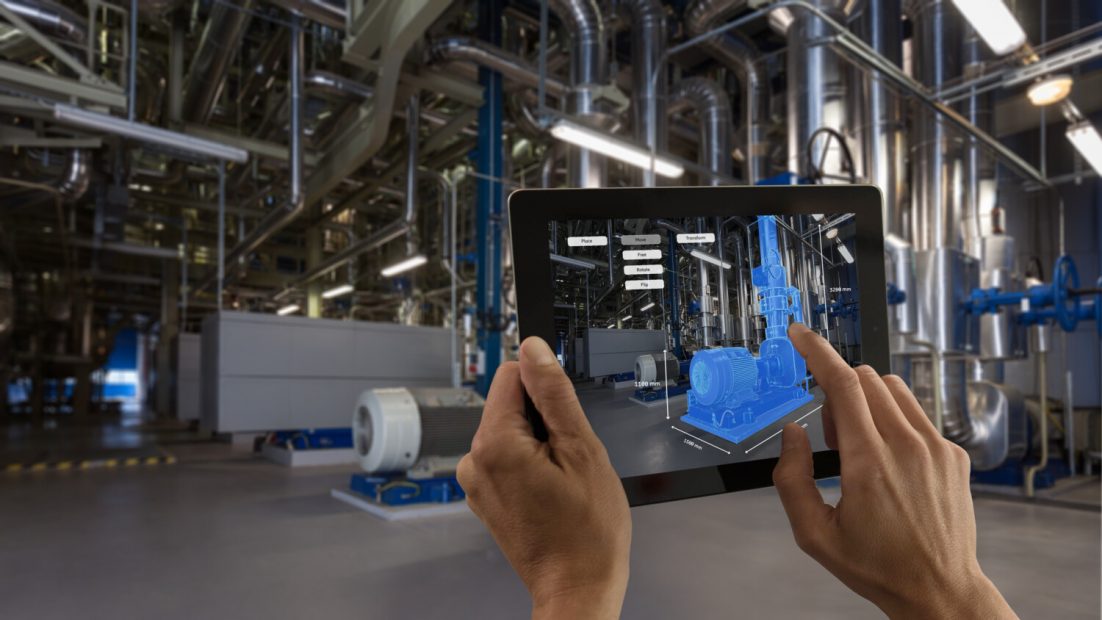Scania identifies 5G benefits for Smart Factories
- June 4, 2020
- imc

Swedish heavy truck manufacturer Scania has developed a Smart Factory Lab to explore Industry 4.0. The company is particularly exploring use of a private cellular network to help streamline processes across its manufacturing plants.
Part of the Volkswagen Group, Scania manufactures heavy commercial vehicles, including trucks and buses, in manufacturing plants in Europe, Asia, Latin America, and Africa. The company also produces heavy diesel engines for the road transport, marine and industrial sectors.
Scania’s Smart Factory Lab provides the setting for different IIoT solution providers to jointly test their products in a real-life environment.
The company is aiming to quantify the business benefits and opportunities of an early adoption of 4G/5G in their factories. In the lab, Scania is currently testing wireless cellular connectivity with Ericsson Industry Connect, a dedicated 5G ready private cellular network.
In a recent analysis, Ericsson, together with Scania and Atlas Copco, outlined business scenarios in connecting power tools for tightening bolts in a smart factory. The analysis focused on power tools with electric cords or batteries (cordless). These tightening tools can be connected to a cellular network by deploying sensors onto the tools which can track location, status, and efficiency.
Some of the drivers for connecting tools include improved safety of the work environment, increased flexibility in production and a way to achieve sustainability goals due to savings in energy costs. The potential business benefits and economic impact of connecting tightening tools include 10-15% less energy consumption, savings on maintenance costs, less need for quality inspections, and fewer tool and installation costs—covering network deployment costs with a payback below three years.
In its Smart Factory Lab, Scania has identified potential improvements to their manufacturing processes that include: streamlined networks as 4G/5G technology can address the full range of use cases from massive to critical; the transition from multiple networks (Bluetooth, Wi-Fi, etc.) to one network is seamless; and there is less network hardware required to cover the same factory area compared to the existing wireless networks such as Wi-Fi.
In addition, Scania has found that cellular connectivity is reliable for applications such as sensor monitoring and communication with automated guided vehicles (AGVs). By removing cables for devices such as hand tools, flexible production increases, and many tasks are managed in the software instead of the hardware. Because cables are removed, factory floors are cleaner with more floor space.
The company’s research also includes the findings that maintenance costs are lower because cables do not need to be relocated, and there is less wear and tear on cables that move as part of their daily function. In addition, there are savings on hardware costs as hundreds of control boxes are removed as they are now virtualised and centralised, and it is easy to add and remove sensors and equipment, resulting in greater flexibility to set-up efficient automation and logistics.
According to Hans Olofsson, Senior Advisor Global Industrial Development, Scania CV, high quality, fast, and secure connectivity in their industrial environment is now an absolute must for Scania. At Scania, they are driving the shift toward sustainable transport by continuously innovating their products and processes among them, the manufacturing processes.




